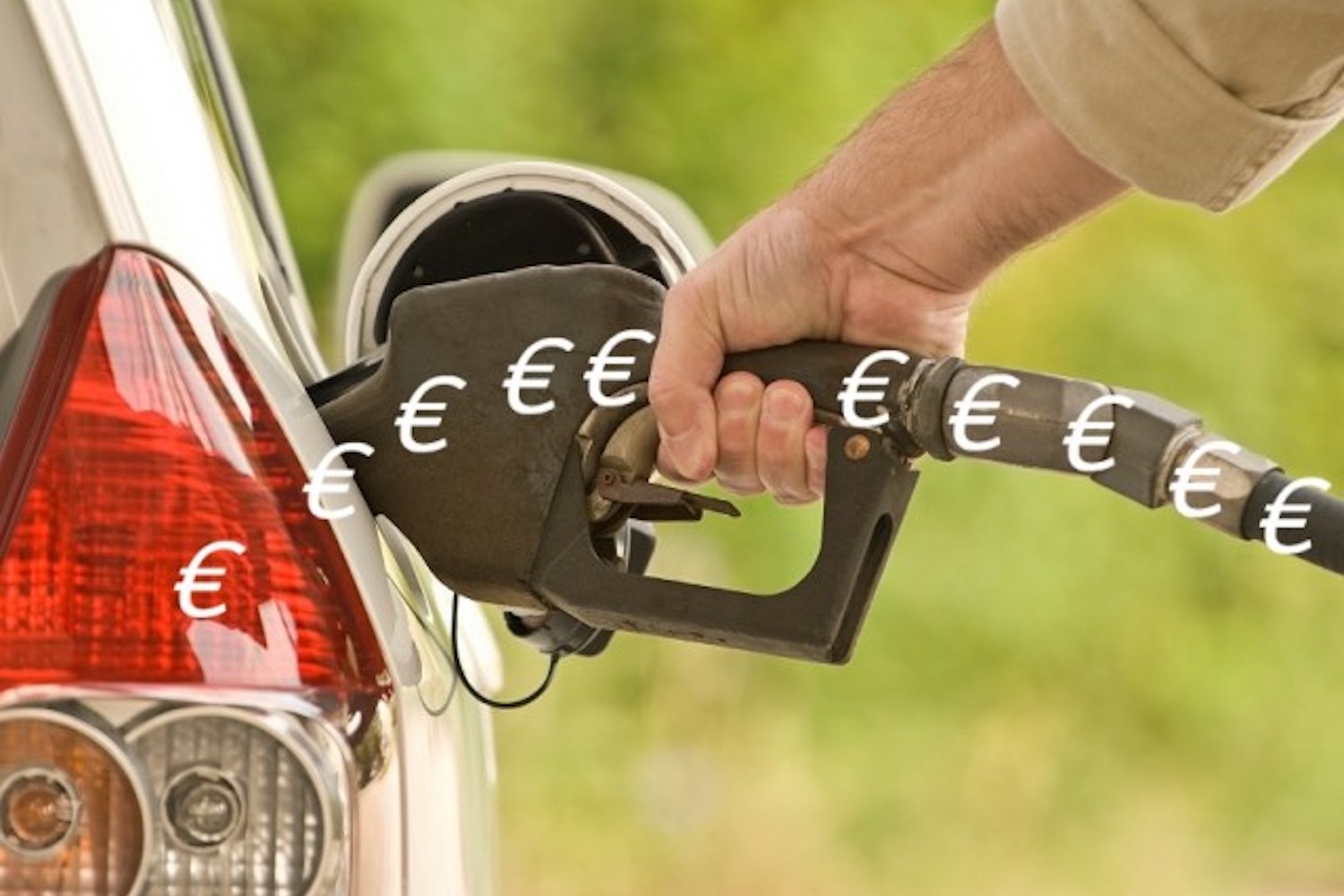Budget 2024 has come and gone, and Irish drivers can probably heave a small sigh of relief that nothing much has changed. Given the concerns over housing, the health budget, and the apparent pre-election scramble to deliver tax cuts, cars seem to have been broadly overlooked.
Excise increases deferred
There is even some good news, actually. The scheduled re-imposition of full excise duty on petrol and diesel has been deferred. The two final rises, putting excise costs back where they were before the cost of living crisis, were scheduled for the end of October and before Christmas. These have now been put back to April 1st and August 1st next year.
There will still be a rise in the cost of petrol and diesel, though - the annualised increase in carbon tax will put an extra 3c on the cost of a litre of fuel in the coming weeks.
The existing VRT rebate for electric vehicles, which was due to run out at the end of this year, has been extended to the end of 2025, which is welcome. Previously, there had been gripes that the Government was leaving the industry and consumers on tenterhooks, waiting for each October to move the electric car goalposts. The VRT rebate is still tapered for car prices above €40,000.
EV benefit in kind extended
Speaking of which, the changes made to the Benefit in Kind (BIK) tax system for company cars have also been extended. The additional €10,000 relief, which was introduced in January of this year following criticism about the new BIK regime, has been extended through 2024. It means that your BIK rate will be zero for the first €45,000 of the cost of any new electric company car. The benefit is tapered, though, so that in 2025 the value will be €35,000; in 2026, it will be €20,000; and in 2027, it will be just €10,000.
That is part of a steady erosion of the tax incentives for zero-emissions vehicles. The Government has also flagged that it expects motor tax receipts to fall by almost €200 million by 2026 as people switch to zero emissions motoring, so we can expect changes to the tax system in the coming years to rebalance that. The short version of that is don't expect to be paying €120 annual motor tax for electric cars for much longer, especially expensive, heavy ones.
'A time of great uncertainty'
The Government has stretched the accelerated capital tax allowance for companies buying electric cars, though. This allows more of the car's value to be written off as deprecation against tax in the first year of ownership, which has been extended out for three years, which should help businesses budget and make sensible EV buying decisions. There has also been a one per cent reduction in the Motor Insurers Insolvency Compensation Fund levy. The fund covers the cost of claims in this State where an insurer goes into liquidation.
Commenting on Budget 2024, The Society of the Irish Motor Industry (SIMI) Director General Brian Cooke: "SIMI welcomes the measures announced in today's Budget, in particular the extension of the current VRT and Benefit-In-Kind (BIK) reliefs for Electric Vehicles. In addition, the retention of the current VRT regime allied with the EV reliefs provides stability and clarity to the Motor Industry and motorists at a time of great uncertainty. The EV supports underline the Government's commitment towards the electrification of the national fleet, which is of critical important as we strive to meet our emissions' reduction goals. We still await clarification of the ongoing investment in both the charging infrastructure and the SEAI purchase grants, which are also vital to the ongoing success of the EV project."

